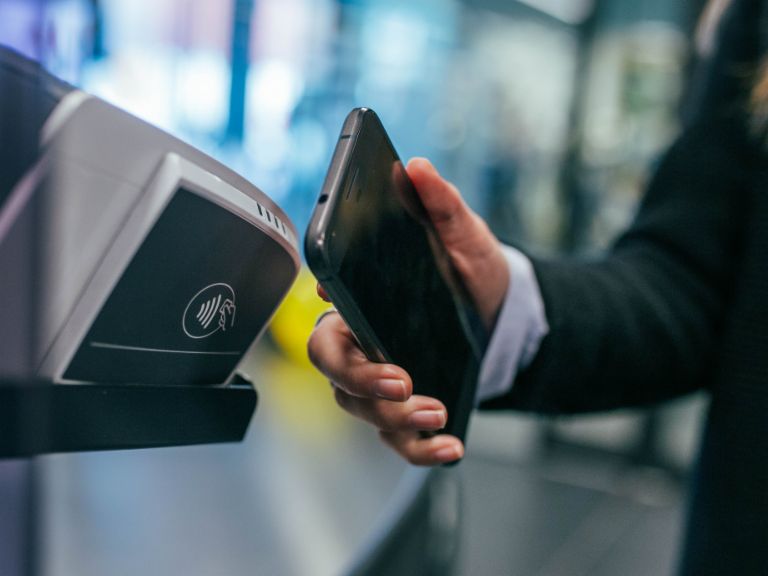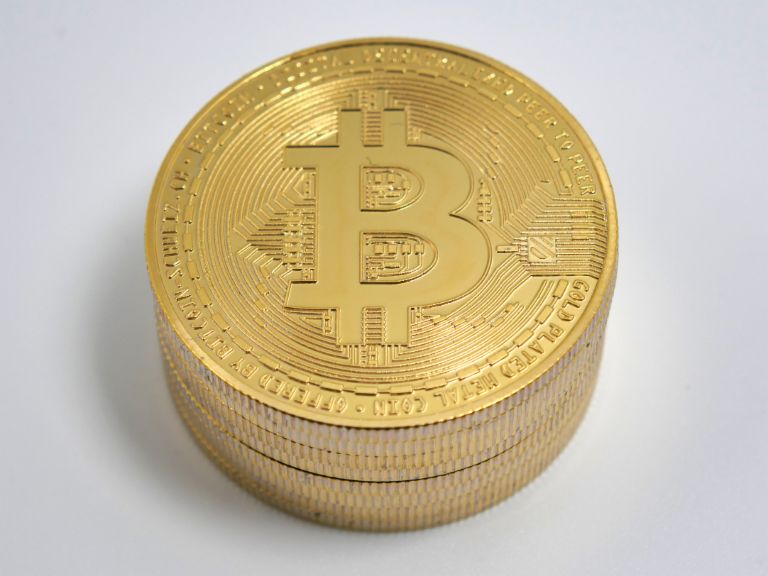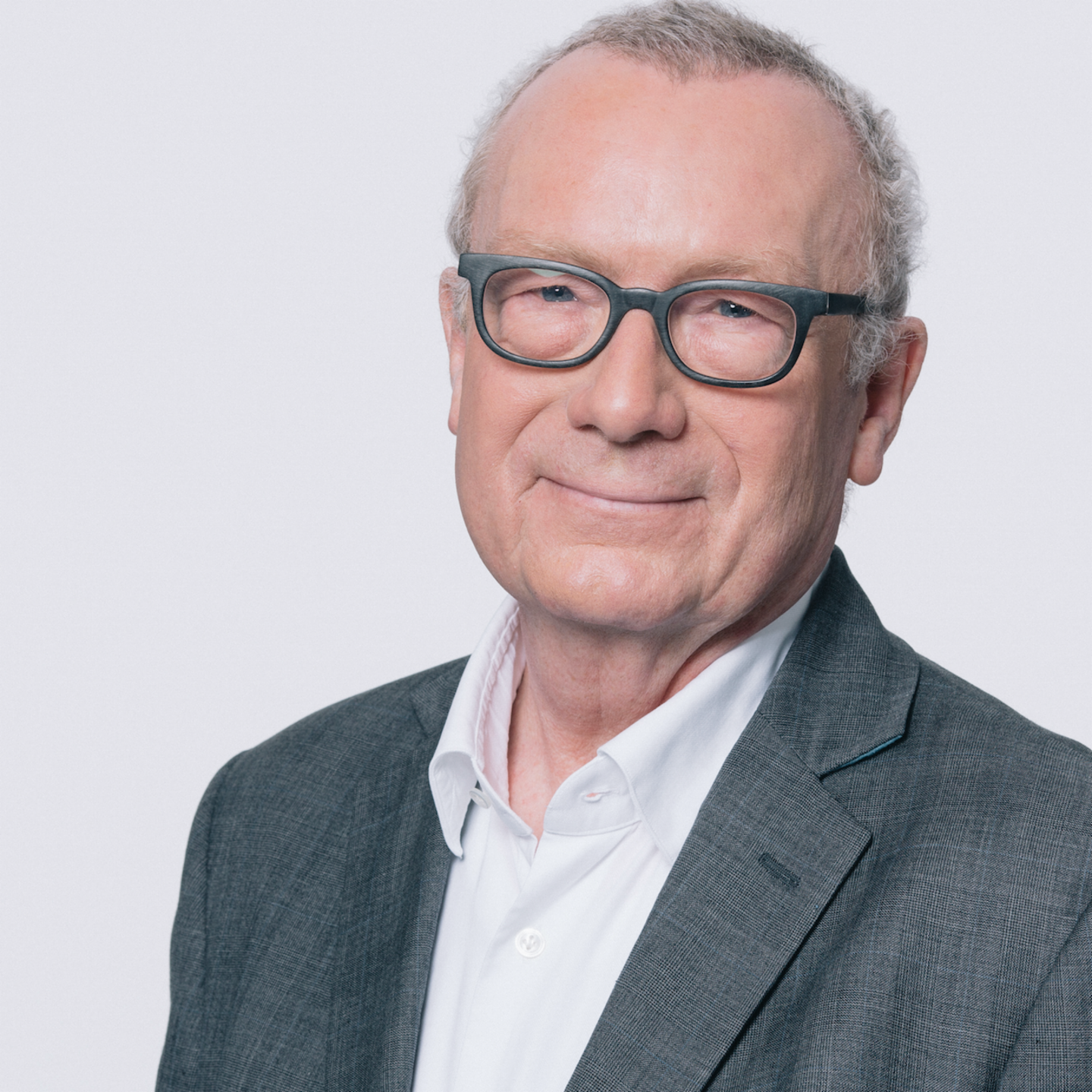Don't be late.
As of the end of 2018, Apple Pay really stirred up the German market for digital payments. It’s never been so easy to pay bills using contactless methods – if you are a consumer, that is. But according to an EOS Survey, for the majority of European companies, digital payment options are the exception rather than the rule. However, anyone wanting to set the agenda in the market needs to wake up fast.
IT companies like Apple and Google are changing global financial markets with their developments. As new gatekeepers, they are even driving customers directly into the arms of companies through their Apple Pay and Google Pay payment services. In many supermarkets, restaurants and gas stations, digital payments by smartphone and other mobile devices are already possible and increasingly popular. Setting up the payment function on the devices using the app is really easy, which means that mobile payment is gaining more and more ground. In the meantime, Google Pay can be used in 26 countries. The German launch was in June 2018 with partners like Commerzbank, Comdirect, or the smartphone bank N26. The most important ally for Google Pay is payment service PayPal. Google Pay can use any German bank account stored and verified by PayPal, so is not reliant on working with other banks. Its competitor Apple initially launched with a little less power, but can already be used in 30 countries. The US company is cooperating with 15 banks in Germany including Comdirect, Deutsche Bank and N26.


Réticence dans le B2B
Lifestyle banking versus inertia
Purchasing behaviors are changing at all levels, as are markets. “For a long time now, customer relations have been organized in the digital arena, so companies need to be careful not to miss the boat,” says Wippermann. “The customer is ready.” In the financial sector too, some changes are taking place: “Modern smartphone banks are like communities, and banking transactions are turning into lifestyle bank-ing.” We are still miles away from this in the B2B environment.

For a long time now, customer relations have been organized in the digital arena, so companies need to be careful not to miss the boat. The customer is ready.
What's to be done?
But the fourth industrial revolution is unstoppable. Some will shape it, while the rest will then at some point have to follow the new standards. And Professor Wippermann has already spotted the next trend on the horizon: voice commerce. “It won’t be long until we are doing payment transactions using digital voice assistants.” As always, this will happen initially in the B2C segment, but watch out companies all over the world, you'll be next! Life punishes those who come too late.
